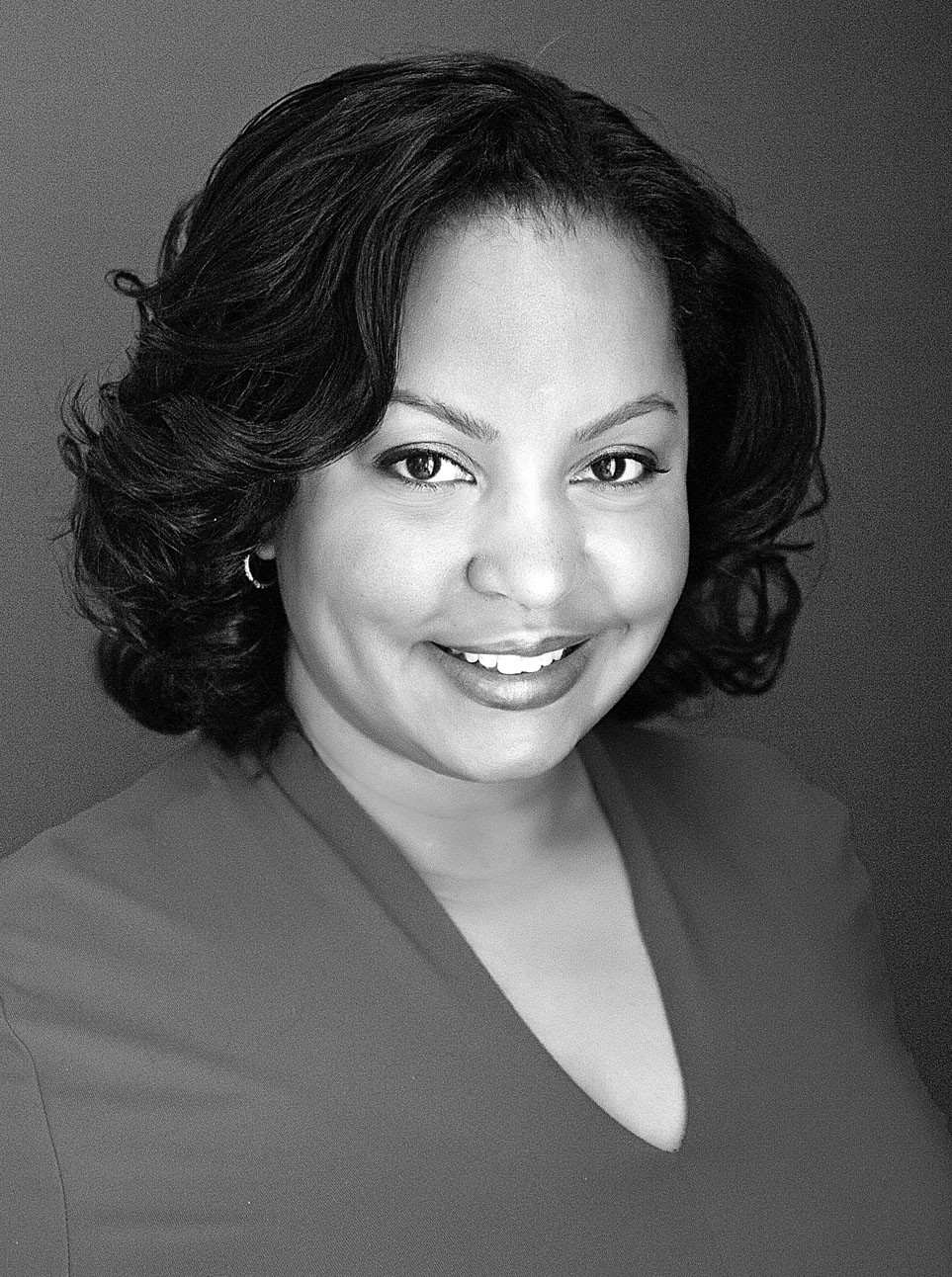
Greg Cravens
About Tim Sampson’s The Last Word column, “Trumped” …
After Trump wins the Iowa caucus and the New Hampshire primary, I expect to see Trump step up on the stage and tell his adoring conservative fans, “Bitches, you just got punk’d!!” And then Ashton Kutcher jumps out from behind the curtain.
Charley Eppes
Trump is a hero. He is the living embodiment of the Republican id. Unrestrained by the need to court the votes of the squishy middle, he is free to pull back the bed sheet and reveal the raging Rotary club president within. He is what the Republican Party would be if we didn’t have elections.
Jeff
About Chris Davis’ cover story, “Rockin’ the Halls” …
Thank you for last week’s story about the Memphis Music Hall of Fame, and especially for the focus on the artistry of Jim Dickinson. Of course, in Memphis, museums love to exhibit musicians’ rhinestone jumpsuits or stage costumes. Dickinson’s musical genius was that he helped develop so many of those superstars from studios like Ardent and Zebra Ranch. We’re proud to be able to display an expression of Jim’s artistry in that piano.
I made an insensitive mistake in last week’s article, referring to that piano as “Jim’s soul,” and I apologize to his great family. As a fellow Christian, while I love the awesomely creative expression of that piano, I understand that his soul, through grace, is both huge and eternal, a testament to his great slogan, “I’m just dead, I’m not gone.”
John Doyle, Memphis Music Hall of Fame
About Alexandra Pusateri’s post, “TBI Investigating Darrius Stewart Case” …
Who trusts the TBI or D.A. to investigate this? They need the police to produce evidence that keeps the jails full. Who is going to bite the hand that feeds them? I am so outraged, as a U.S. citizen, by the mentality of the police and their supporters. Police can kill without recourse.
Memphis Belle
I am enjoying watching our local media fan the flames and totally try to have this story blow up into something much more than it actually is. Memphis TV media: It’s just not going to happen here. Sorry.
Midtown Mark
I’m also enjoying reading some of the comments being posted on those local media articles. The local racists are so mad that black people aren’t rioting and protesting over this.
Nobody
I’m enjoying all the wanton police violence sweeping the country. Isn’t this just great? People are dying for systemic reasons we could fix but refuse to address, because it makes us feel icky. Wait, this actually sucks, because it could happen to anyone. Now it doesn’t seem so funny anymore.
Autoegocrat
About Wendi C. Thomas’ column, “Black Wealth Matters” …
Black wealth does matter. If things were reversed and blacks were the minority in numbers but majority holders of wealth in Memphis, the sentiment on the Caucasian side of this issue would be very different.
TruthBeTold
It is important that “black-owned businesses” are actually owned by black people and not just a front man or woman and that the employee ranks have actual black workers whose wages form the actual foundation of community.
Nick R.
About Bianca Phillips’ post, “MPD Does Not Have Passenger Policy for Traffic Stops” …
There is always a problem when any authority exceeds its constitutional limits, be it the MPD or anybody else. If it is unconstitutional for the police to demand ID on a passenger when the police are merely enforcing traffic laws, they do not have the right to go ahead and do it anyway.
If I am walking down the street minding my own business and the police stop me and ask me to show ID, I will not do so unless they can show some probable cause as to why I should comply. None of which gives Darrius Stewart cause to run and then fight with that policeman.
Arlington Pop
